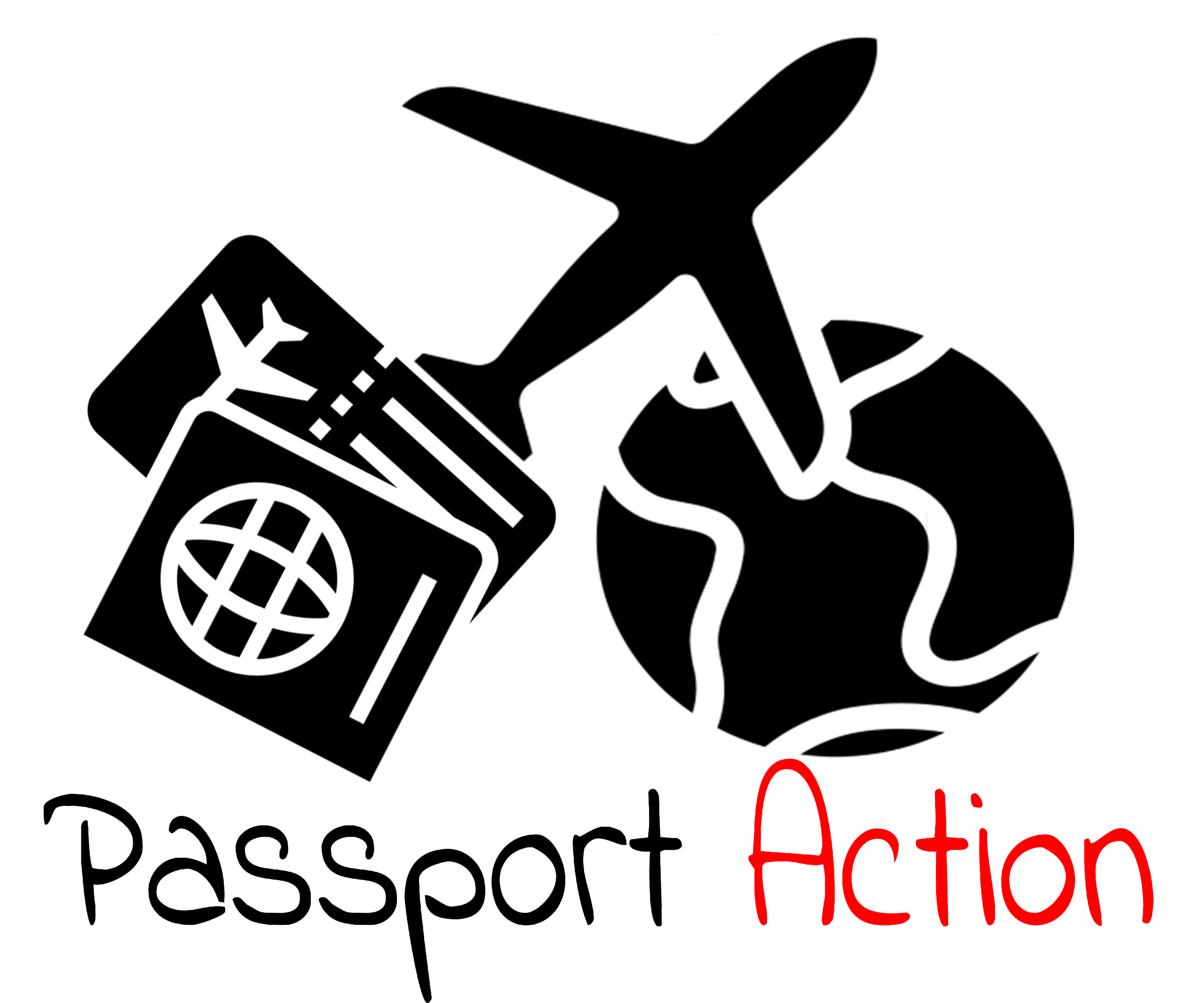New Rules for Airbnb in NYC: How it will affect other cities
If you’re planning to rent out your space on Airbnb in New York City, it’s crucial to understand the new rules that have been put in place. While these regulations aim to protect both hosts and guests and maintain the quality of life in the city, they can also seem complex and challenging to navigate.
Strict Short-Term Rentals for Airbnb in NYC
One of the most significant changes is the strict regulation of short-term rentals. These are defined as rentals for less than 30 days when the owner is not present. According to the new rules, such rentals are generally prohibited in multi-unit buildings if the host is not present. This rule aims to prevent apartments from being used as illegal hotels and ensure housing availability for residents.
Primary Residence Rule
The new regulations also emphasize that hosts can only rent out their primary residence. This means you must live in the space you’re renting out for at least 30 days during the year. This rule intends to maintain the residential character of the city’s neighborhoods.
Host Information Sharing
Another critical change is related to host information sharing. Airbnb is now required to disclose host information to the city, including names, addresses, rental dates, and amounts received for the rentals. The purpose of this rule is to enforce compliance with local laws and regulations.
Liability for Rule Violations
Hosts need to be aware that they may face penalties if they violate these rules. Fines for illegal short-term rentals can be substantial and increase with repeated violations. The fines a host can expect to see are anywhere from $100 up to $5000 per violation.
Implications for Hosts
While these new rules may seem restrictive, they’re aimed at ensuring a fair and safe environment for all parties involved in the Airbnb experience. As a host, it’s essential to familiarize yourself with these regulations to avoid potential fines and ensure you’re providing a lawful and enjoyable experience for your guests.
How Airbnb’s New Rules in NYC Could Impact Other Cities
The recent regulatory changes to Airbnb’s short-term rentals in New York City have drawn attention from hosts, guests, and city officials worldwide. As one of the largest and most influential cities globally, New York’s approach could set a precedent for other cities grappling with similar issues. Here’s how these new rules could potentially impact other cities.
Reinforcing Regulations on Short-Term Rentals
New York’s strict regulations on short-term rentals could encourage other cities to reinforce their own rules. These include limiting short-term rentals to primary residences and prohibiting them in multi-unit buildings unless the host is present. This could lead to increased enforcement in cities where similar rules exist but are not strictly adhered to.
Encouraging Registration of Hosts
One of the key aspects of NYC’s new regulations is the requirement for hosts to register with the city. This requirement helps the city keep track of rental activities and ensures hosts comply with local laws. If proven successful, other cities might adopt similar registration systems to manage and regulate short-term rentals more effectively.
Balancing Housing Availability and Tourism
The new rules in NYC aim to prevent apartments from being used as illegal hotels, ensuring housing availability for residents. This balance between preserving residential properties and promoting tourism is a common challenge for cities worldwide. If New York’s approach proves successful, it could become a model for other cities facing similar issues.
Enhancing Transparency and Accountability
The requirement for Airbnb to disclose host information to the city enhances transparency and accountability. This rule could inspire other cities to demand greater data sharing from platforms like Airbnb, helping them better enforce local laws and regulations.
In conclusion, while it’s too early to assess the full impact of NYC’s new Airbnb rules, they undoubtedly have the potential to influence regulations in other cities. As policymakers worldwide watch New York’s experience, the Big Apple’s approach to regulating short-term rentals could shape the future of the sharing economy on a global scale. Take a look at our other travel resources to help navigate the world. Find out other options such as Airbnb vs Vbro.

